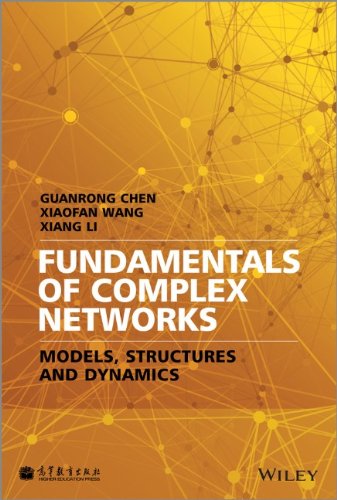

Most ebook files are in PDF format, so you can easily read them using various software such as Foxit Reader or directly on the Google Chrome browser.
Some ebook files are released by publishers in other formats such as .awz, .mobi, .epub, .fb2, etc. You may need to install specific software to read these formats on mobile/PC, such as Calibre.
Please read the tutorial at this link. https://ebooknice.com/page/post?id=faq
We offer FREE conversion to the popular formats you request; however, this may take some time. Therefore, right after payment, please email us, and we will try to provide the service as quickly as possible.
For some exceptional file formats or broken links (if any), please refrain from opening any disputes. Instead, email us first, and we will try to assist within a maximum of 6 hours.
EbookNice Team

Status:
Available5.0
12 reviewsThe book is divided into two parts: Part I consists of three chapters, presenting background information and basic materials needed to learn the subject, with a variety of exercises for illustrating fundamental concepts and familiarizing related modeling and analysis techniques. Part II contains several selected application-oriented stand-alone topics.
• A systematic presentation of dynamical evolving networks, with many up-to-date applications and homework projects to enhance study
• Complex networks are becoming an increasingly important area of research and applications
• Presented in a logical and constructive style, from basic graphs through to complex networks, and exploring research challenges of the future
Fundamentals of Complex Networks: Models, Structures and Dynamics is ideal for upper-level undergraduates, postgraduates and researchers in electrical and electronic engineering, mechanical engineering, computer science, information science, social science, applied physics and applied mathematics. The book is intended to be informal, emphasizing basic ideas and methodologies with elementary and sometimes heuristic mathematical arguments, easily readable by anyone having minimal knowledge of calculus, linear algebra and ordinary differential equations.